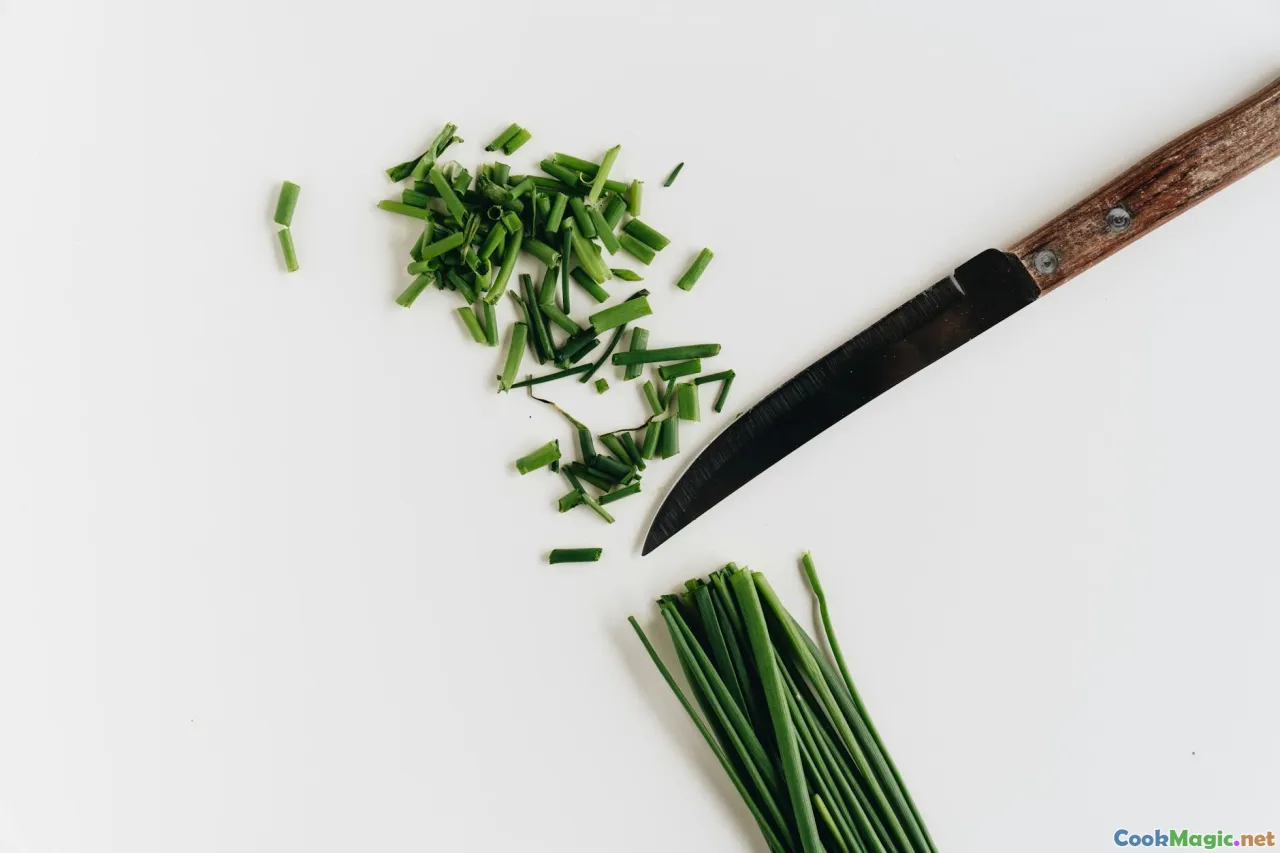The Wellness Benefits of Flavorful Cooking
7 min read Discover how flavorful cooking enhances health, boosts mood, and fosters cultural connection, transforming everyday meals into wellness rituals. April 29, 2025 12:55
The Wellness Benefits of Flavorful Cooking
Imagine biting into a dish that not only delights your palate but also nourishes your body and soul. Flavorful cooking is more than just an art; it’s a holistic approach to wellness that taps into the sensory, emotional, and cultural power of food. From the vibrant spices of Indian curries to the aromatic herbs of Mediterranean cuisine, flavor has the remarkable ability to elevate our health and deepen our connection to food.
The Power of Flavor: More Than Just Taste
Flavor is often seen as the final touch—something to spice up a dish or make it more appealing. But scientifically, flavor encompasses a complex interplay of taste, aroma, texture, and even visual cues. When we enhance our meals with fresh herbs, robust spices, and carefully balanced seasonings, we are engaging multiple senses, which can have profound effects on our well-being.
Sensory Engagement and Emotional Well-being
Engaging our senses through flavorful cooking stimulates the brain's reward centers. The smell of freshly chopped basil, the sizzle of garlic in hot oil, or the vibrant color of roasted peppers can evoke memories, uplift moods, and reduce stress. These sensory experiences are not just pleasurable—they are therapeutic. For example, the comforting aroma of cinnamon and vanilla can calm nerves, while the spicy heat of chili peppers releases endorphins, our body's natural painkillers.
Cultural and Personal Connections
Throughout history, cultures have used flavor as a means of storytelling and tradition. A bowl of Vietnamese pho, with its fragrant herbs and slow-cooked broth, offers more than nourishment—it’s a connection to homeland and heritage. Preparing and sharing flavorful dishes fosters community, nurtures relationships, and creates a sense of belonging, all of which are vital for emotional health.
Historical Perspectives: Flavor as a Wellness Tool
Ancient civilizations understood the healing power of food. Traditional Chinese medicine, for example, emphasizes balancing flavors—sweet, sour, bitter, salty, and umami—to harmonize the body's energies. Spices like turmeric and ginger were valued not only for their taste but also for their medicinal properties, known to reduce inflammation and promote digestion.
In Mediterranean cultures, herbs like oregano and thyme have been used for centuries to boost immunity and improve respiratory health. These traditions underscore a fundamental truth: flavor and health are intertwined, a concept that modern science continues to validate.
Cooking Techniques that Enhance Wellness
Achieving flavor-rich dishes doesn’t mean sacrificing health. In fact, mindful cooking techniques can amplify flavor while retaining or even enhancing nutritional value.
Slow Cooking and Fermentation
Slow cooking methods, such as braising or using a Dutch oven, allow flavors to develop deeply and harmoniously. Fermentation, as seen in kimchi, sauerkraut, and yogurt, introduces beneficial probiotics that support gut health, which is increasingly recognized as foundational to overall wellness.
Use of Fresh Herbs and Spices
Fresh herbs like cilantro, parsley, and basil provide vibrant flavor along with antioxidants. Spices such as turmeric, cumin, and paprika are rich in bioactive compounds that help combat inflammation and oxidative stress.
Incorporating Umami
Umami-rich ingredients like mushrooms, seaweed, and aged cheeses add depth and satisfaction to meals, reducing the need for excess salt and fostering a more balanced diet.
Personal Stories: Flavor as a Path to Wellness
Many individuals have experienced transformative health benefits through flavorful cooking. I recall a friend battling chronic fatigue who began exploring spice-rich vegetarian recipes. The increased intake of turmeric, ginger, and garlic not only improved her digestion but also uplifted her spirits. Her journey illustrates how flavor can be a gateway to healthier living.
Similarly, in my own kitchen, experimenting with global cuisines has opened doors to better nutrition and emotional fulfillment. The act of carefully balancing spices, tasting, adjusting, and finally savoring a dish creates a mindful ritual that nourishes both body and mind.
Practical Tips for Incorporating Flavorful, Wellness-Oriented Cooking
- Start with fresh ingredients: Fresh herbs and spices retain their potent flavors and health benefits.
- Experiment with global cuisines: Explore Indian, Middle Eastern, Mediterranean, and Asian flavors to diversify nutrients and phytochemicals.
- Balance flavors mindfully: Combine sweet, sour, salty, bitter, and umami for depth and satisfaction.
- Use cooking techniques that preserve nutrients: Steaming, roasting, and sautéing help retain vitamins and minerals.
- Make flavor a daily practice: Incorporate herbs and spices into everyday meals to build a sustainable, healthful habit.
Conclusion: Turning Every Meal into a Wellness Ritual
Flavorful cooking is a celebration of life’s sensory richness and a powerful tool for health. It invites us to slow down, savor each bite, and connect deeply with the food we eat. When we prioritize flavor—using fresh ingredients, respecting traditional techniques, and exploring diverse cuisines—we nurture our bodies, soothe our minds, and ignite our spirits.
So, the next time you step into the kitchen, remember: every pinch of spice, every herb, and every carefully crafted dish is an act of self-care. Embrace the vibrant world of flavorful cooking, and let it transform your approach to wellness—one delicious bite at a time.









